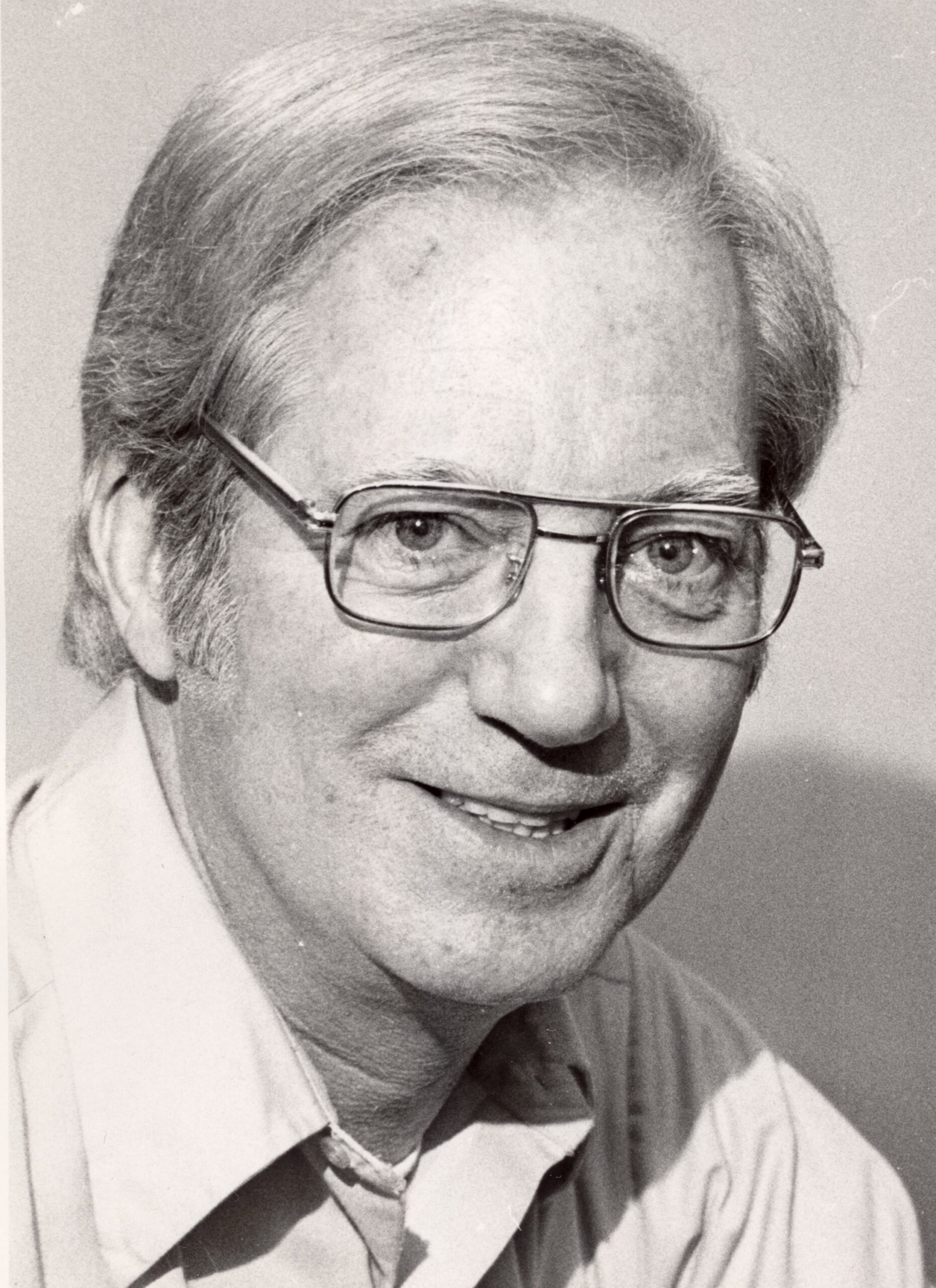BOSTON (AP) — Dave O'Hara, who covered Boston sports greats from Ted Williams to Larry Bird during a 50-year career with The Associated Press, died Wednesday. He was 86.

He died of cancer at his home in Winter Haven Fla., his daughter, Debbie O’Hara-Rusckowski, said.
Popular with his colleagues and admired for the speed and accuracy of his reporting, O’Hara began his career in May 1942 as a 15-year-old copy boy in the Boston bureau.
“Dave was a no-nonsense sports writer who brought gusto and grit to his work for half a century. He was every bit the epitome of Boston sports as Williams, Orr, Russell, Auerbach and Bird,” AP Sports Editor Terry Taylor said. “He gave readers a front-row view of their heroes and heartbreaks, equally at home in the press box or the clubhouse.”
Six months after being hired, O’Hara helped cover a fire that killed 491 at the Cocoanut Grove nightclub in Boston.
“Dave wasn’t just a sports writer,” said Joe Giuliotti, a retired Red Sox beat writer with the Boston Herald. “He was a reporter, and a great one.”
With a break for Korean War service, he worked in Boston until April 1959, when he was transferred to Milwaukee. He covered the Green Bay Packers and coach Vince Lombardi during their championship seasons of the early ’60s, and the Milwaukee Braves when current baseball commissioner Bud Selig was an owner and Hank Aaron was their star.
O’Hara returned to Boston in July 1965 as AP’s New England sports editor. He held that position until his retirement in August 1992, becoming a fixture at Fenway Park and Boston Garden.
“He’d say, ‘I’m the luckiest man in the world. I had the greatest job. I have the greatest family,'” his daughter said.
Said baseball Hall of Famer Carl Yastrzemski: “Dave was a real class act, a real pleasure to work with.”
O’Hara also was a mentor to freelancers who worked for him at games.
“He covered every major sporting event in Boston for four decades and did so always under the gun of the AP sports deadline, which meant getting it done fast and accurately,” said Nate Greenberg, former assistant to the president of the Boston Bruins who worked with O’Hara as an AP freelance writer while in college.
O’Hara got it done even when he was flustered.
On July 9, 1976, O’Hara was at Fenway when general manager Dick O’Connell announced that Red Sox owner Thomas A. Yawkey had died. O’Hara’s freelancer that day was Kevin Dupont, who went on to become a longtime hockey writer for the Boston Globe and member of the Hockey Hall of Fame.
Clutching handwritten notes, O’Hara grabbed the telephone and began to dictate a story to the office. Suddenly, he stopped, Dupont remembered.
“What?” O’Hara yelled into the phone.
The editor wanted him to attribute the news to a source. O’Hara responded sharply, Dupont recalled:
“What? According to whom? According … to … whom? Are you kidding? … According to Dave O’Hara of the AP. The (expletive) man is dead!”
Direct and correct. That was O’Hara.
That was his approach, whether covering numerous Boston Marathons, 24 Red Sox spring training camps, eight no-hitters, the Stanley Cup champion Bruins of 1970 and 1972 with Bobby Orr and Phil Esposito, the Celtics with Bob Cousy, Bill Russell, John Havlicek and Bird, tennis and golf tournaments and college sports.
He was there in 1967 when Boston’s “Impossible Dream” team reached the World Series and in 1986 when the Red Sox came within one out of their first world championship since 1918 only to lose after Bill Buckner’s error let the New York Mets force the deciding seventh game.
In 1991, Williams was honored at Fenway and tipped his cap after refusing to do that in his final game. Some reporters thought the gesture by a star who had a rocky relationship with sports writers was directed at O’Hara.
“He and I talked about it afterward,” O’Hara said. “He came upstairs and said, ‘Yeah, you were one of them. But you’re all right.'”
O’Hara worked before the proliferation of television sports networks, online sites and social media. It was a time when reporters and players hung out together.
“We were pretty close friends,” former Red Sox pitcher Bob Stanley said. “When you went to the bar with him and talked about the game, our talk would stay in the bar. Just a super guy.”
O’Hara had a hearty laugh and was nicknamed “The Dancer” after impressing friends with his jitterbug skills. As a youngster, he did some boxing as an amateur in Boston, but said, “I quickly found out that some other line of endeavor would be more beneficial, so I found another line of work.”
In 1993, the Boston Chapter of the Baseball Writers Association of America established the Dave O’Hara Award for long and meritorious service to the chapter. He was its first recipient.
A Boston native, O’Hara had been living in Winter Haven, where he had covered spring training.
He is survived by his daughter Debbie and her husband Steve; sons Stephen, and his wife Susan, and David Jr., and his wife Donna; six grandchildren, his sister, Ethel O’Neil, and her husband, Joe O’Neil. He also leaves his long-time companion, Sue Ezell, of Winter Haven.
Cis, his wife of 43 years, died in 1995.




